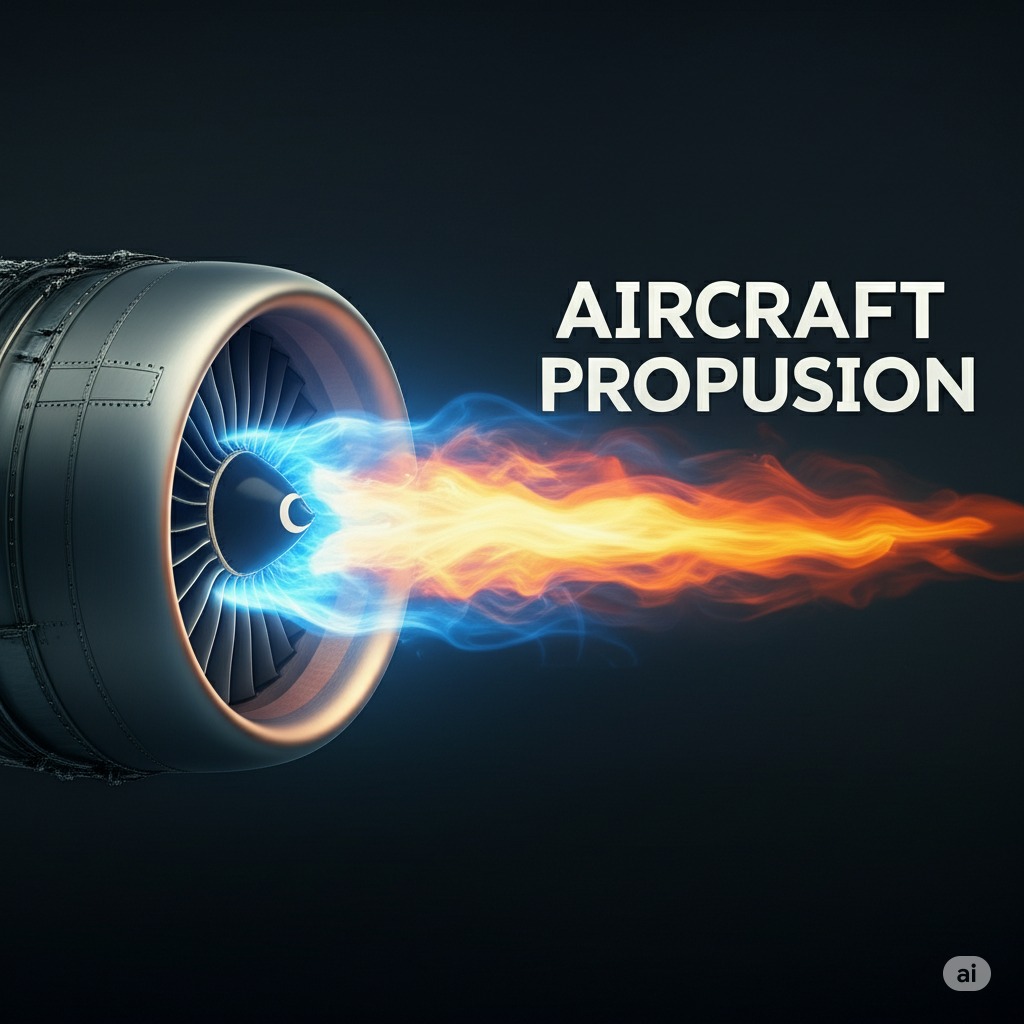
Welcome to Aircraft Propulsion, an essential course designed for students of Aerospace Engineering. In this course, you will explore the principles, theories, and technologies that enable aircraft and spacecraft to achieve and sustain flight.
We will begin with the history and evolution of propulsion systems, studying early ideas and inventions that laid the foundation for modern engines. From basic concepts of motion and thermodynamics to advanced jet engines and rocket propulsion, this course will help you understand how different engines generate thrust and power various flying machines.
Throughout the modules, you will learn about:
-
The fundamental laws of motion and thermodynamics
-
Basics of aerodynamics and its role in propulsion
-
Classification and working principles of piston engines, jet engines, and rocket engines
-
Key mechanical and material considerations in engine design
-
Real-world applications and modern developments in aerospace propulsion
By the end of this course, you will have a solid understanding of how different propulsion systems work, their historical development, and their role in the future of aviation and space exploration.
Let’s get started and discover the science that keeps aircraft flying!
- Teacher: Admin User